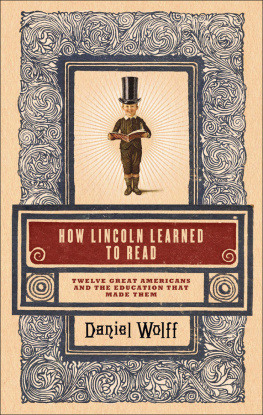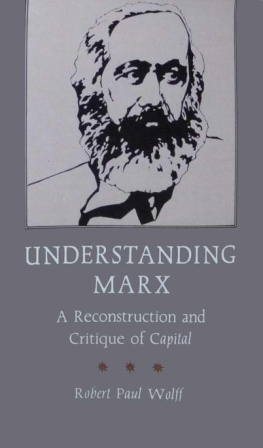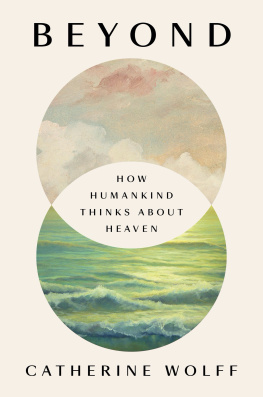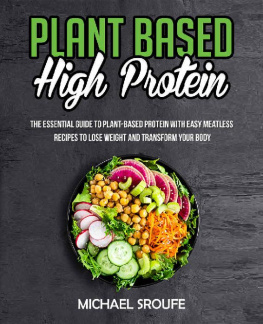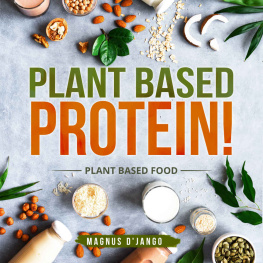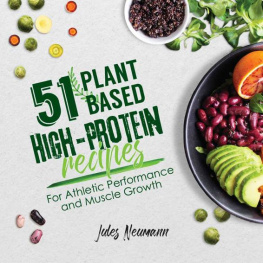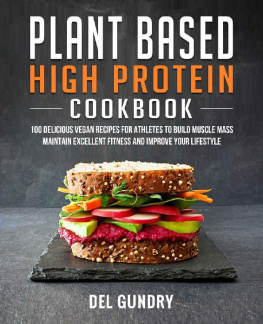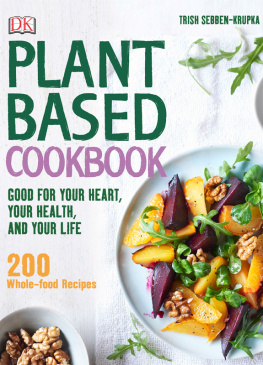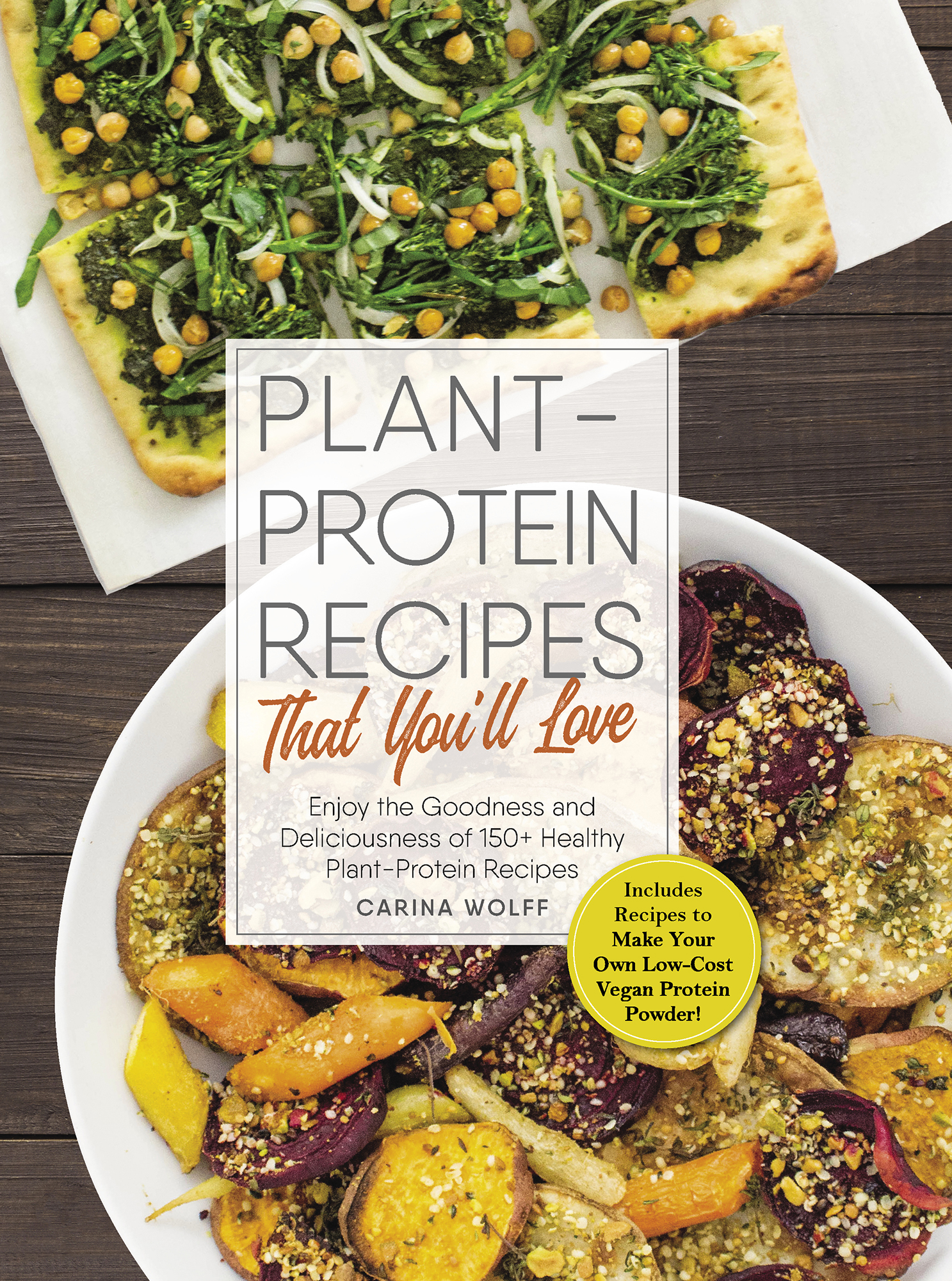Contents
Guide
Thank you for downloading this Simon & Schuster ebook.
Get a FREE ebook when you join our mailing list. Plus, get updates on new releases, deals, recommended reads, and more from Simon & Schuster. Click below to sign up and see terms and conditions.
CLICK HERE TO SIGN UP
Already a subscriber? Provide your email again so we can register this ebook and send you more of what you like to read. You will continue to receive exclusive offers in your inbox.
We hope you enjoyed reading this Simon & Schuster ebook.
Get a FREE ebook when you join our mailing list. Plus, get updates on new releases, deals, recommended reads, and more from Simon & Schuster. Click below to sign up and see terms and conditions.
CLICK HERE TO SIGN UP
Already a subscriber? Provide your email again so we can register this ebook and send you more of what you like to read. You will continue to receive exclusive offers in your inbox.
Dedication
This book is dedicated to the memory of my uncle Claude, who I love and miss so much.
Introduction
Anyone who follows a plant-based diet knows that the most common question people ask is How do you get your protein? When people think of protein, their mind usually goes to steak or chicken dinners, and they somehow cant fathom that a plant-based diet could provide an adequate amount of the nutrient. However, even though animal products might be the first sources of protein that come to mind, they arent the only ones available.
Plenty of plant-based products such as beans, oats, and nuts are loaded with protein, and with the proper food combinations found in the 150-plus recipes in this book, you can make vegetarian meals that are just as balanced and satisfying as their meat-filled counterparts. So if youre sick of eating the same old dishes filled with the same ingredients, Plant-Protein Recipes That Youll Love will help you ditch your boring routine and open the door to exciting, delicious, protein-filled meals, from Vegetable Tofu Scramble to Black Bean Enchilada Bake and Barbecue Tempeh PIzza to White Bean Blondies. All of these dishes not only taste great, but they provide you with all the protein you need to stay healthy.
While you may have heard about people investing in pricey protein supplements or buying outrageously priced obscure ingredients from the health food store, plant-based dishes dont have to be expensive. Here youll find recipes for every meal ranging from breakfast to dinner to dessert, and every one of them is packed with everyday vegetables, grains, nuts, and seeds that are protein-filled and delicious. And if you do decide you want to use protein powders, youll find a few recipes for different powders you can make at home instead of spending your hard-earned money on store-bought ones. Simply add these to anything from your smoothies or pancake mix to your pasta sauces when you need an extra boost. These powders make a great option when youre in a rush or youve spent a lot of time working out and need additional protein. If youre short on time and arent able to whip up a full meal, you can throw these powders in a blender and have a protein-rich drink ready in just minutes. This can be especially useful if your protein needs are higher from working out, as you can enjoy something like a smoothie with your regular meal, or you can make a nutrient-dense drink using whole plant-foods and your protein powder as a supplement.
This book will help you understand the best food combinations to provide you with proper nutritionbut without slaving away in the kitchen or breaking the bank. Hopefully, the recipes in this book will also inspire you to come up with your own unique, protein-filled plant-based dishes.
Incorporating more plant-based foods into your diet can be intimidating. But whether youre someone who follows a vegetarian diet or youre just trying to adapt more Meatless Mondays into your life, once you start playing around in the kitchen and see how many different foods actually provide a good amount of protein, youll start to realize its not as daunting as it sounds. You might even find that your Meatless Mondays extend on even later into the week.
CHAPTER 1
WHAT YOU NEED TO KNOW ABOUT PLANT-BASED PROTEINS
Before you start cooking with plant-based proteins, youll want to know everything there is to know about what they are and why you should be using them. In this chapter, youll learn it allfrom why you should be eating plant-based proteins instead of always eating meat to the many health benefits plant-based proteins provide to the money youll save on changing up your diet. Youll even discover some unexpected foods that contain protein. Youll also be armed with information on how you can make your own protein powders at home, for those days when you just dont feel like eating any more beans and lentils.
Whether youre a beginner just switching to more meatless meals or whether youve been eating vegetarian foods forever, in this chapter youll learn all the information you could need to start incorporating even more plant-based, protein-filled meals into your life.
What Are Plant-Based Proteins?
First, lets talk about what plant proteins are and how much of them you should be eating. Protein is an important building block in your body, as it is essential for creating everything from bones, to muscles, to the tissue in our organs. You need protein to repair cells and make new ones; to build muscle; to have healthy hair, skin, and nails; and to make enzymes, hormones, and other chemicals. Plant-based proteins are protein sources that come from plants. Plants include everything from vegetables (such as spinach or corn), to legumes (such as peanuts or lentils), nuts (such as almonds or walnuts), and seeds (such as quinoa or hemp), to whole grains (such as oats or rice). As long as the protein isnt derived from an animalso no meat or poultry, dairy, or eggsits considered a plant protein.
As far as how much protein each person needs per day, it differs depending on factors such as sex, weight, activity level, etc. The recommended dietary allowance (RDA) for protein is 0.8 grams per kilogram (about 2.2 pounds) of body weight. You can calculate the amount of protein you need by multiplying your weight in pounds by 0.36. For an average adult male, that ends up being 56 grams of protein a day. For an average female, it comes out to around 46 grams a day. However, if you train or exercise a lot, you may require more protein. If youre curious about how much protein is ideal for your body and lifestyle, its best to speak to a doctor or nutritionist who can best evaluate your needs.
Benefits of Plant-Based Proteins
If youre just starting to experiment with plant-based proteins, you may find yourself wondering, Why make the switch? Lets take a look at the benefits:
They Help with Weight Loss
Many people switch to plant-based diets to lose weight, and research supports that decision. A 2016 study from the Journal of General Internal Medicine found that following a vegan or vegetarian diet is the most effective for weight loss compared to other common, popular diets that are non-vegetarian. In general, protein is good for losing weight because it helps keep you fuller for longer, but plant-based proteins are even better because they dont contain as much saturated fat or as many calories as animal products.


